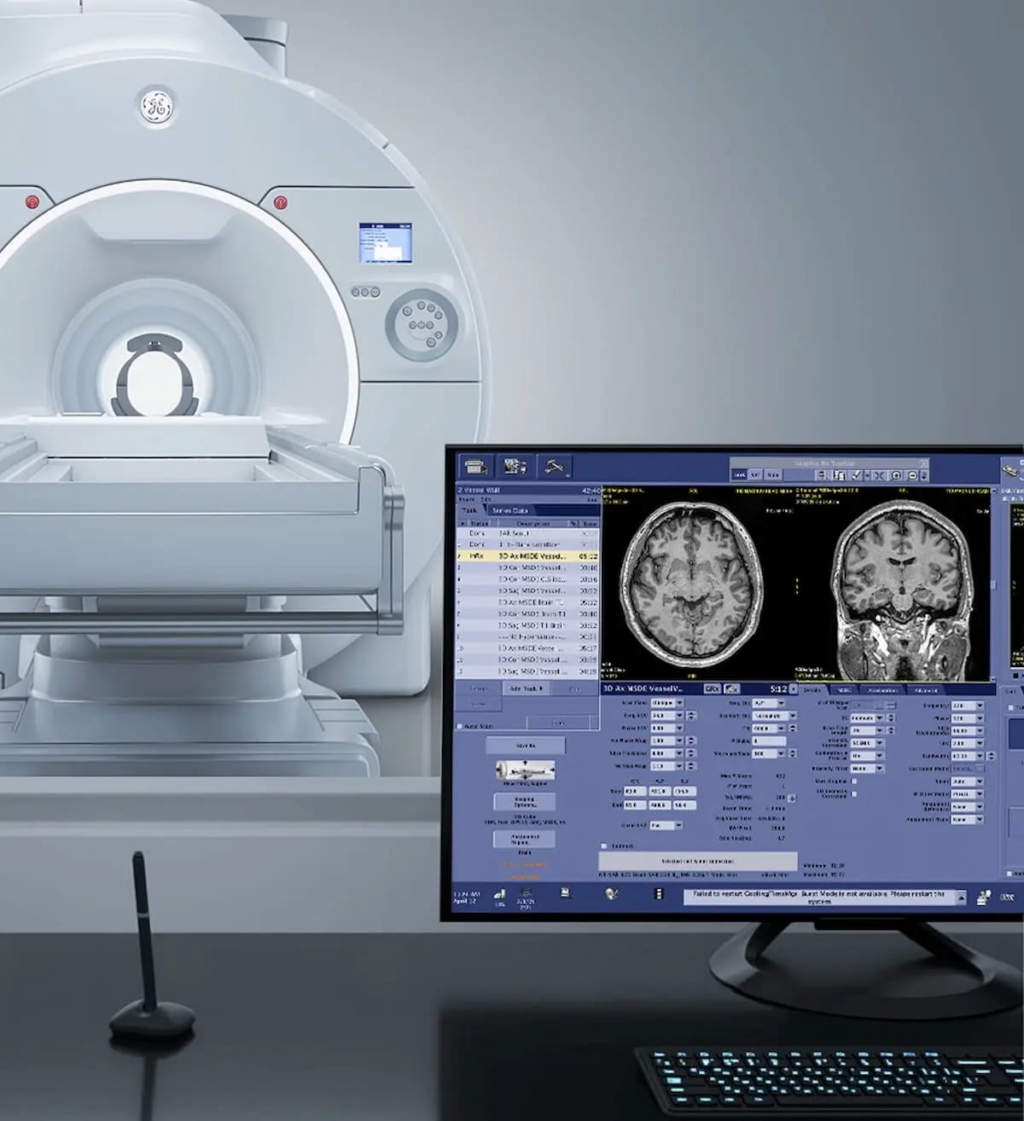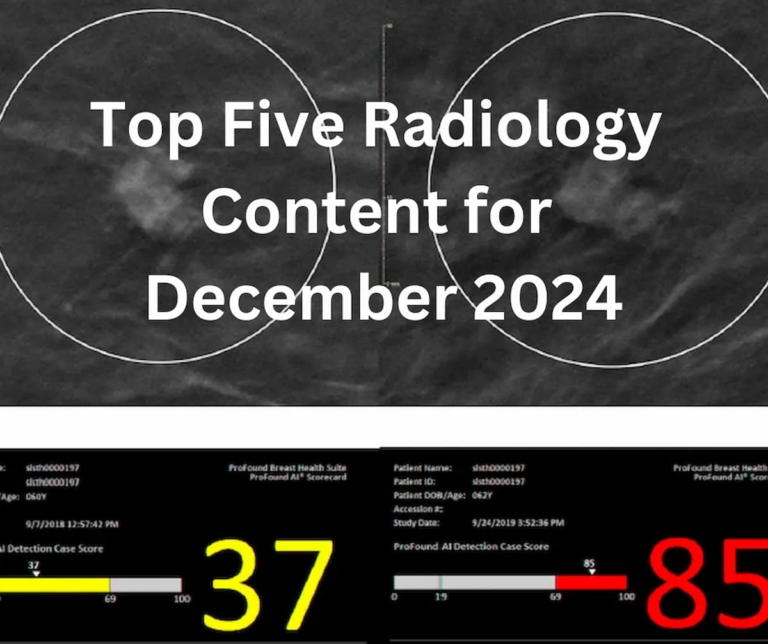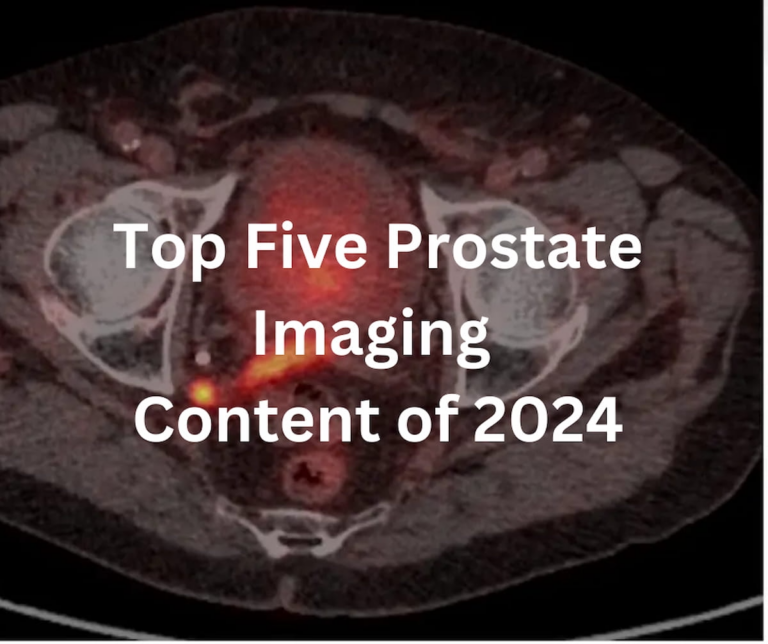
The Food and Drug Administration (FDA) has officially approved a new development in MRI technology: the Signa Magnus system. This advanced machine offers a 3T magnetic resonance imaging system specifically for scanning the head, aiming to enhance the capabilities of neuroimaging.
Manufactured by GE HealthCare, Signa Magnus incorporates HyperG gradient technology, which allows it to scan MRI images much faster than previous systems. The technology boasts performance metrics of 300 mT/m and 750 T/m/s, significantly improving how quickly scans can be completed. This is a crucial improvement for medical staff and patients alike, as it reduces the time required in the scanning process. Besides accelerated scan times, the Signa Magnus system also provides advanced diffusion imaging abilities and a high signal-to-noise ratio, essential for clearer, more precise imagery.
What sets the Signa Magnus apart from traditional MRI platforms is its emphasis on head-only scanning. This specialization offers a gradient amplitude and slew rate that surpasses those available in conventional whole-body MRI systems. The design features an asymmetry that strategically positions the gradient isocenter at the coil’s patient edge. This positioning enhances the system’s gradient performance and provides more detailed imagery.
Dr. Kawin Setsompop, an associate professor of radiology at Stanford University, shed more light on what this advancement could mean for the field. He is enthusiastic about how the Signa Magnus system’s capabilities could be used for detailed studies of microstructures, such as examining axonal diameter through diffusion imaging. Moreover, the high slew rate enables more efficient readout techniques, including EPI and spiral, which permit sampling of k-space at a quicker rate. This contributes to achieving higher resolution scans with reduced artifacts, ultimately leading to more precise diagnostic outcomes.
GE HealthCare has positioned the Signa Magnus as a pioneering tool, distinctively tailored for head imaging tasks. This design and its incorporated technologies mark a significant leap from the multi-purpose whole-body MRI systems. The device addresses both the need for better image quality and faster diagnosis, crucially advancing how head-related conditions can be assessed.
Through these improvements, the Signa Magnus system sets new standards in the realm of MRI technology. It not only amplifies the efficiency and effectiveness of neuroimaging but also holds immense potential to transform the practices of radiology departments globally. By offering a specialized system that also dramatically cuts down on scan time, GE HealthCare is making strides in changing the landscape of medical imaging.


